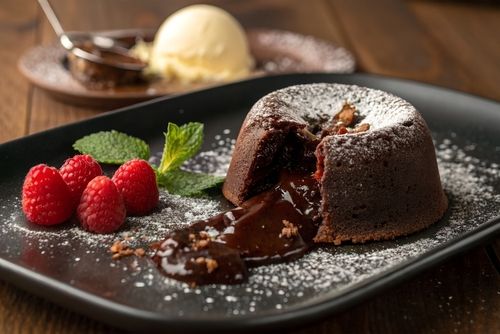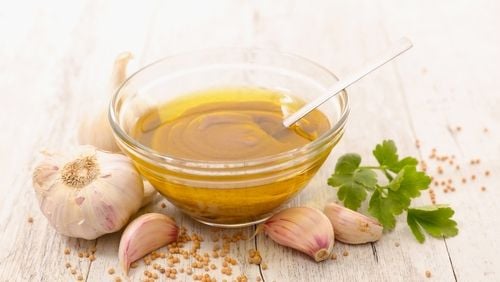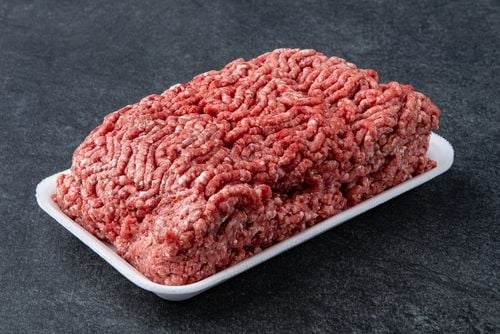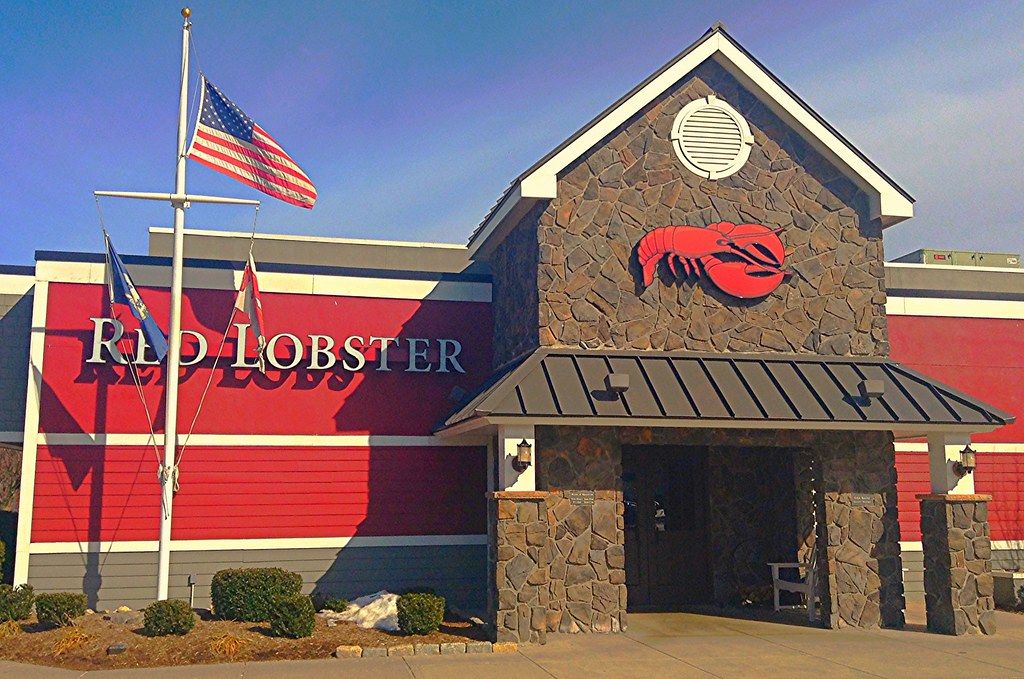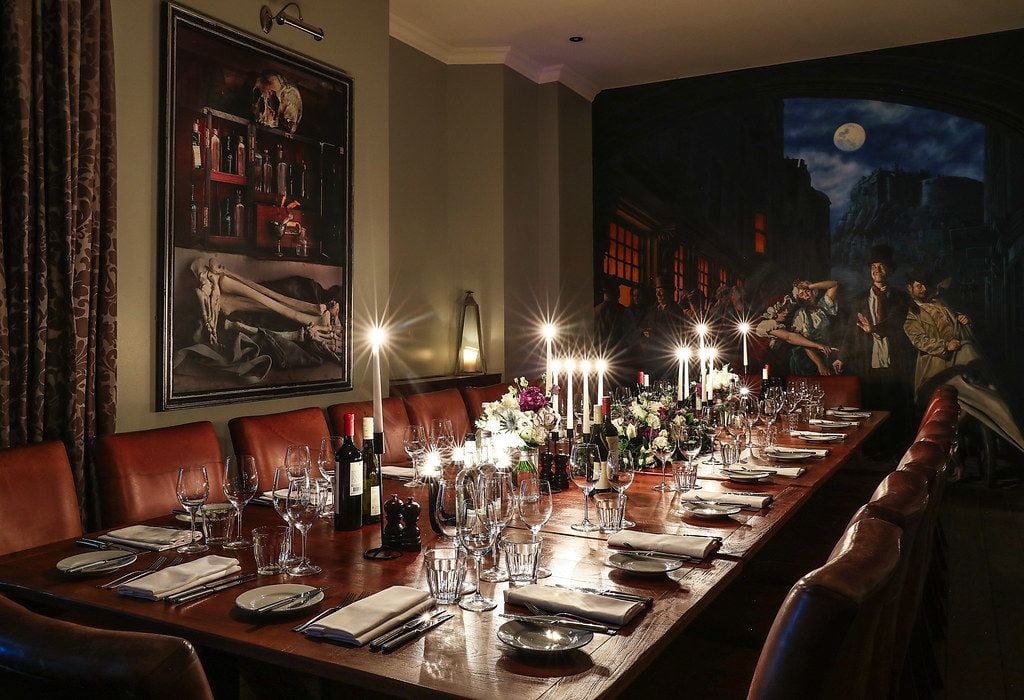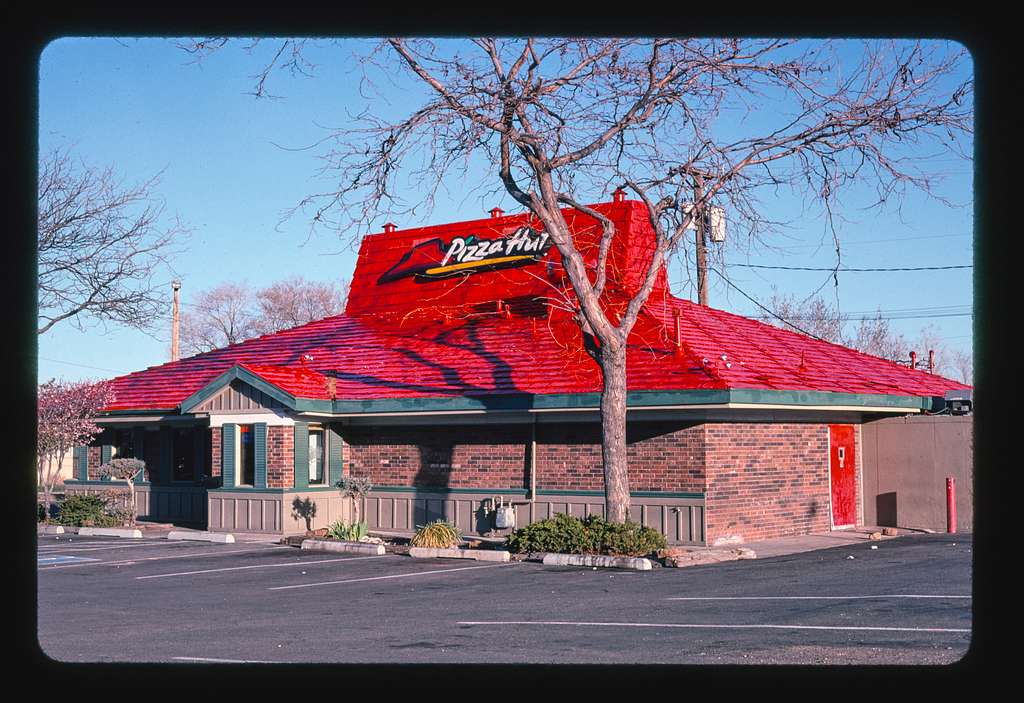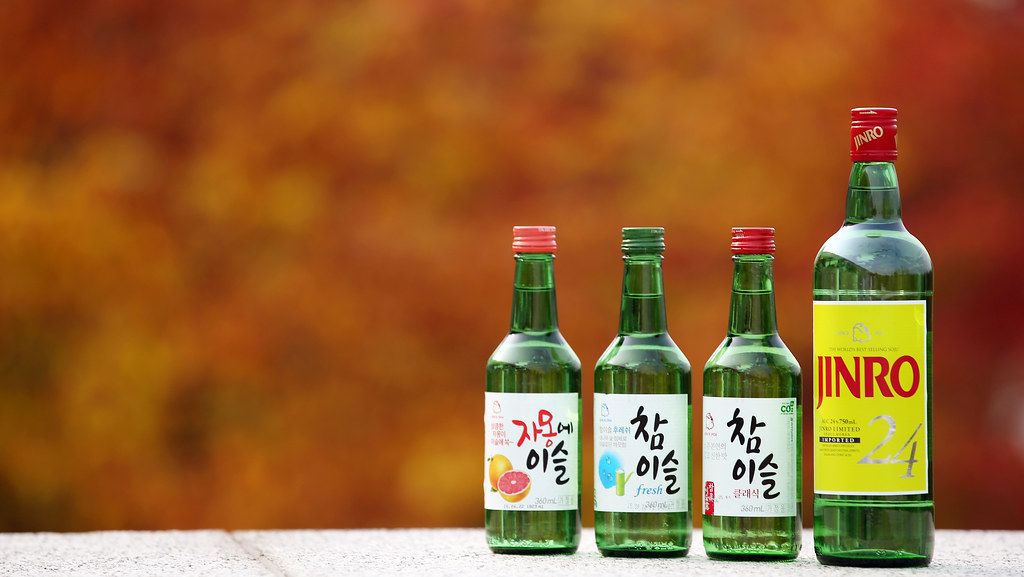
Soaring Popularity of Soju in the U.S Taps into 'Korean Wave'
- Aug 9, 2025
The ongoing rise of the "Korean Wave" or "hallyu", which emphasizes the appeal of Korean cultural artifacts, has gripped the West since the 90s. South Korean entertainment, food, beauty goods, and, recently, traditional drinks like soju, a clear Korean liquor, continue to stir the US pop culture scenario. The rise in popularity of soju is being fuelled by a groundswell of largely Asian-American producers keen to showcase Korea's national spirit.
Soju is typically a colorless spirit with its roots tracing back to the 13th-century Mongol invasion of Korea and is traditionally made from rice. However, it can also be crafted from an array of ingredients including fruits and grains. It's a versatile drink with no consistent alcohol content making it an exciting enterprise for entrepreneurial Asian-Americans.
Co-founder of Atlanta's Minhwa Spirits, James Kim, describes, “Soju is a rice-based spirit fermented from nuruk (a Korean fermentation starter from the third century B.C.), and it’s much closer to tequila. It’s a very clean spirit.” Kim's distillery employs traditional brewing techniques from his paternal family in South Korea using Arkansas rice and Georgia spring water to create a potent soju with a hint of burnt caramel.
On a different note, Carolyn Kim, Yobo Spirits' founder, initially employed 100% New York-sourced grapes before shifting towards grain-grape blends. Carolyn and her husband, James Kumm, who also co-manages Yobo, believe in delivering a unique experience to the consumer, beyond the cheap, mass-produced soju.
In recent years, Korean soju export revenues have crossed the $100 million milestone, showing promising annual growth. In 2024, US distributor Spirit of Gallo joined hands with Lotte Chilsung Beverage, a Korean distiller, to establish a wider market for various soju brands in the America.
In 2015, when Yobo introduced its grape-strong soju, it was the sole US-produced craft soju brand. Other American distilleries such as West 32, Minhwa Spirits, and Tokki Soju followed suit, solidifying the soju craft trend in the US.
The rising affinity for soju, according to Kim and Kumm, can be attributed to its gluten-free composition and lower ABV, making it particularly attractive for individuals with dietary restrictions.
The burgeoning US soju scene may be small, but it holds a bright future, as Kumm puts it, “Soju has arrived.”
Co-founder of Minhwa Spirits, Ming Han Chung, recommends pairing sojus, particularly its 40% ABV Yong, with strong flavors like grilled meats and spicy foods. While the classic association is Korean barbecue, soju is versatile and combines well with Thai and Mexican cuisines.
"In the cocktails, soju is neutral enough to go with fruit flavors," says Chung. Meaning, it's an excellent base for several exciting cocktail combinations. Kim and Chung both recollected their fond memories of soju, emphasizing its integral role in fostering social bonding.
The future of soju in the US looks promising, with distilleries offering different takes on this traditional Korean liquor. Whether combined with spicy kimchi, sipped during barbeque sessions, or enjoyed in cocktails, soju's rise in America signals a new chapter in the domestic spirits scene.

